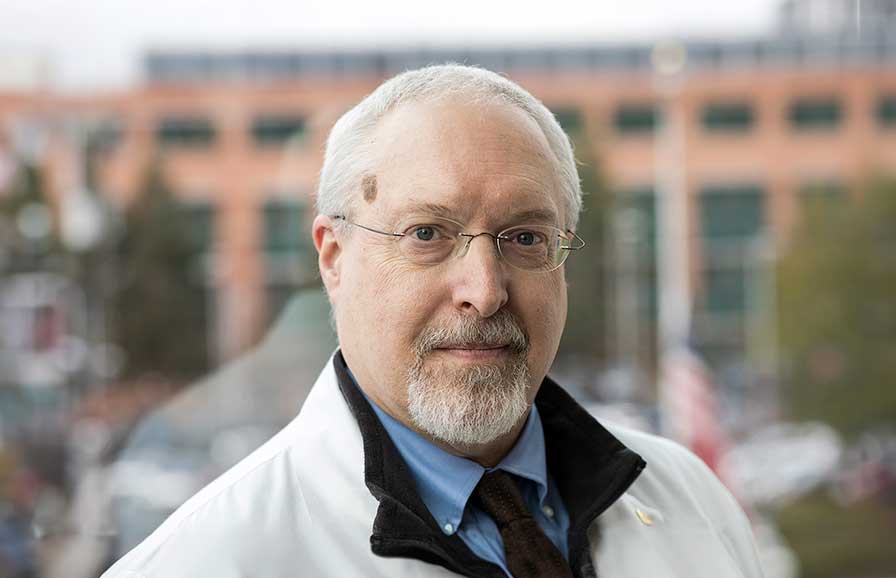Your Care Team
At Fred Hutch, you receive care from a team of providers with extensive experience in your disease. Your team includes physicians, a patient care coordinator, a registered nurse, an advanced practice provider and others, based on your needs. You also have access to experts like registered dietitians, social workers, acupuncturists, psychiatrists and more who specialize in supporting people with cancer or blood disorders.
Insurance
Fred Hutch accepts most national private health insurance plans as well as Medicare. We also accept Medicaid for people from Washington, Alaska, Montana and Idaho. We are working to ensure that everyone, no matter what their financial situation, has access to the care they need.
